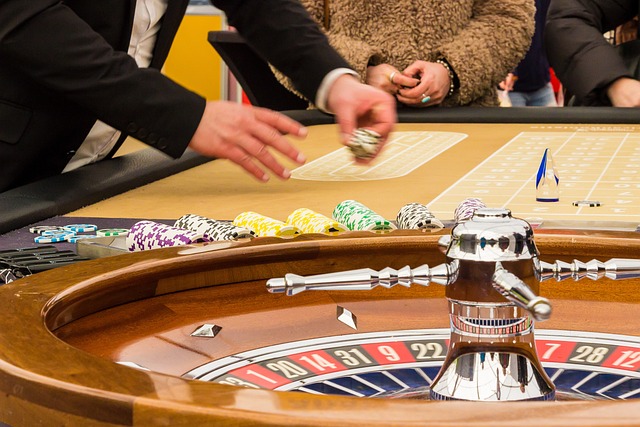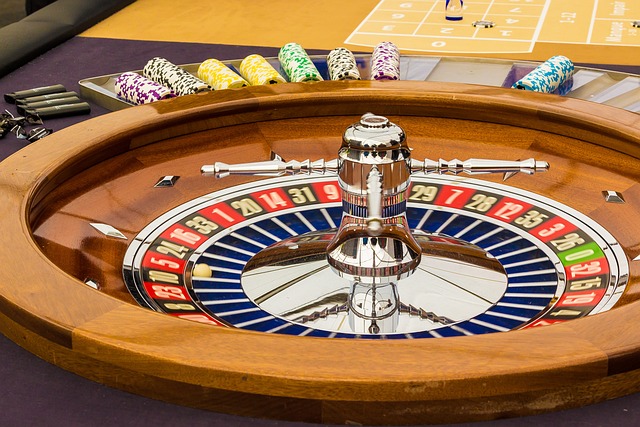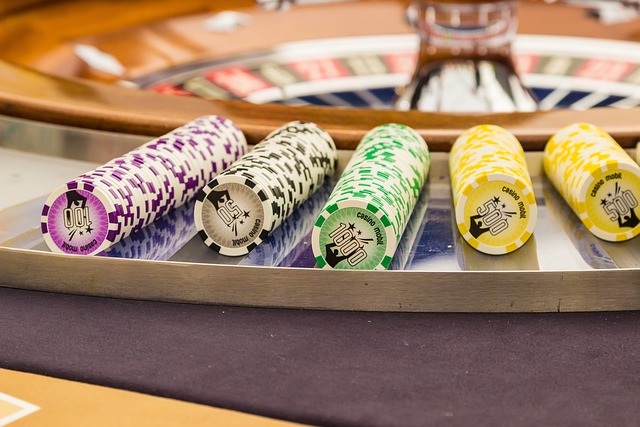Virtual reality (VR) isn’t just for gaming or customer entertainment anymore. For modern casinos—especially those balancing physical operations with digital expansion—VR is becoming a practical training tool. From live dealer procedures to floor staff response scenarios, VR enables immersive, cost-effective training without the usual risks.
This post explores how VR is being used to train dealers and casino employees, the benefits and limitations of the approach, and key implementation strategies for operators looking to modernize workforce development.
Why Casinos Are Turning to VR Training
Training casino staff comes with several challenges: complex rules, high customer interaction, security protocols, and the need for real-time decision-making. Traditional training methods—manuals, shadowing, live practice—are often slow, expensive, or limited in scale.
VR offers a controlled, repeatable environment where staff can:
- Practice without risk to the business
- Receive immediate feedback
- Simulate difficult or rare scenarios
- Develop confidence before handling live operations
It’s not just theoretical. Operators are beginning to see measurable outcomes from VR adoption in training workflows.
How VR Is Used Across Casino Roles

VR training can be tailored to different roles within the casino, from front-line game dealers to security and hospitality staff. Each role benefits from realistic simulations that traditional training can’t replicate effectively.
Dealer Training
For table games like blackjack, roulette, and baccarat, dealers must master:
- Shuffling, dealing, and chip handling
- Game rules and payout logic
- Eye contact and engagement with players
- Error recovery under pressure
VR allows them to practice these tasks with AI-driven players or live mentors. Mistakes don’t cost money or harm guest experiences, and sessions can be replayed or slowed down for review.
Security and Surveillance
Security staff can use VR to walk through high-risk or rare incidents like:
- Identifying cheating patterns
- Handling confrontations
- Evacuating guests during emergencies
These high-stakes situations are difficult to train for in real life, but VR makes it possible to rehearse responses in a realistic setting.
Hospitality and Floor Staff
For non-gaming roles, VR can simulate customer interactions:
- Handling difficult or intoxicated guests
- Learning floor layouts and wayfinding
- Understanding guest service scenarios
- Practicing upselling or brand-consistent messaging
This helps standardize service quality and speeds up onboarding for new hires.
Benefits of VR in Casino Training
Operators are increasingly drawn to VR training for a mix of efficiency, consistency, and data-driven performance tracking.
Scalable and Repeatable
Once built, VR modules can be reused across multiple locations or staff cohorts. Every employee gets the same high-quality training, regardless of location or trainer availability.
Safe Practice Environment
Mistakes in a training module don’t have real-world consequences. This allows learners to experiment, fail, and learn faster than in live situations.
Real-Time Feedback and Analytics
Modern VR systems can track metrics like:
- Reaction time
- Decision accuracy
- Rule violations
- Engagement and completion rates
Managers can use this data to personalize coaching or identify common knowledge gaps.
Cost Savings Over Time
While upfront VR content development can be expensive, ongoing use reduces long-term costs associated with travel, in-person training, or downtime.
Limitations and Considerations

Despite its benefits, VR training comes with trade-offs. Operators should weigh the following before adopting:
- Hardware requirements: Not all staff will have access to VR headsets; shared training setups may be necessary.
- Learning curve: Some employees may need help adapting to the tech, especially older staff or those unfamiliar with VR.
- Initial investment: Quality content creation takes time and resources—cutting corners leads to poor engagement.
- Content updates: Game rules, procedures, or regulations may change, requiring ongoing updates to VR scenarios.
To avoid these pitfalls, casinos should start small—focus on one role or game—and iterate based on feedback.
Implementation Tips for Operators
For successful VR rollout, consider these practical steps:
- Start with high-impact use cases, like blackjack dealer training or emergency response drills.
- Partner with experienced VR developers who understand gaming or hospitality.
- Combine VR with instructor-led feedback to reinforce soft skills and critical thinking.
- Track and evaluate outcomes to measure ROI and refine your approach.
- Ensure accessibility, with backup options for staff who can’t use VR (due to motion sickness, vision issues, etc.).
VR training should enhance—not replace—human guidance. When used correctly, it reduces time-to-competence and boosts confidence across your workforce.
